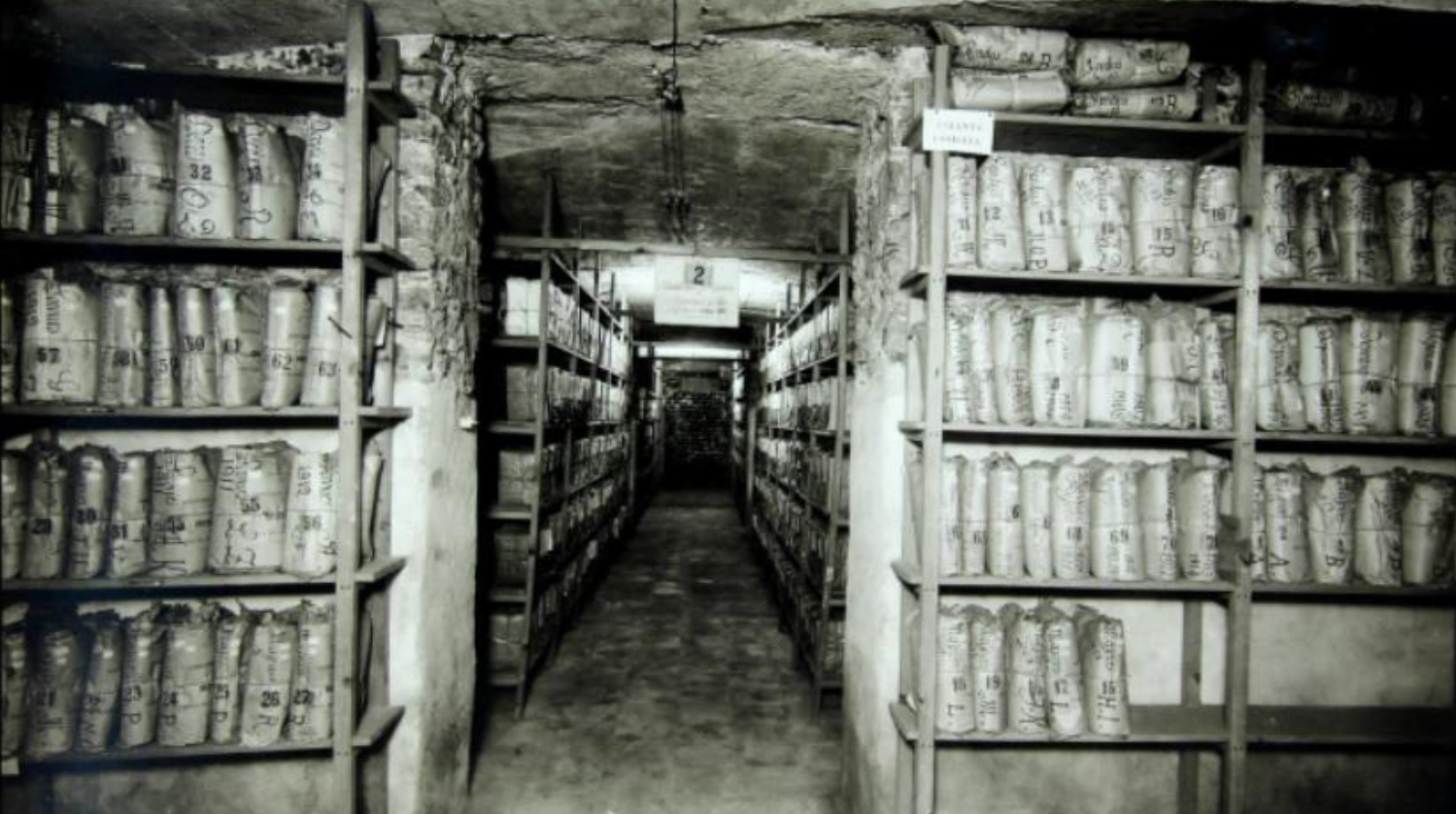Date: 17-18 November 2022
Venue: French National Archives, Paris (FR)
Submission deadline: 15 June 2022
Project Background
The international project Archival City is calling for papers on the topic of “Ghost Archives and Shadow Records – Urban history among documentary disappearances and dispersions, reconstructions and restitutions” for its conference in November.
Archival City is a project funded by Isite Future, a research and support initiative of the University Gustave Eiffel (FR) focussing on three challenges of “Cities of Tomorrow”: Resource- and energy-efficient cities, secure and resilient cities and smart cities at the service of citizens. The project Archival City aims to propose new ways of accessing, viewing and using city archives and create a link between those who are interested in the city’s past and those building its future.
The fall symposium of 2022 will have a special focus on “Ghost Archives and Shadow Records” meaning to explore the relationships between documentary disappearance and conservation, and the lacuna and completeness of historical sources, as they perpetually interact with rationales for forgetting and strategies of memorialization. Every record, file or archive is the ghost of something. Archives are related to institutions, events and people that can only be grasped through documents.
Conference Topic
The present call for papers invites authors to reflect on “ghost archives” and “shadow records”, using three different meanings of these expressions, from the strictest to the widest sense:
- Meaning of “archive ghosts” (French: fantômes d’archives) – technically: dummies/placeholders for original documents currently in use elsewhere; metaphorically: records that existed once and then disappeared.
- Historiographic or epistemological view: shadow records are existing documentary sets which have not been the object of an archiving procedure. Indeed, they are not considered historical records and are not preserved as such, due to different circumstances.
- Historical and critical point of view: some documentary collections are actually archived but have become difficult to find or invisible over time because they have escaped the notice of researchers or because of the power relations within the field of intellectual knowledge.
Distinguishing all these “ghosts” or “shadows” from proper “archives” (i.e. sets of documents arranged in such a way as to be retrievable by a reader or user, and preserved for a long period of time), is a research challenge gaining recognition today. Indeed, historians are showing a new willingness to make global comparisons. They also have new means at their disposal to do so. Studying the different forms of conservation and use of documents mobilized by different communities, societies and eras is thus an emerging research objective.
Focus on Urban Context
Cities are a particularly fertile ground for this research. Since their beginning, cities have been sites where varied and often competing powers converge and clash. Each city is an archive in itself (of buildings, streets, toponyms…). Within cities, archival memory is more frequent, dense, and more intense, so it is always dispersed in multiple spaces and sites.
This focus on the urban context will finally also be positioned as an alternative to the traditional vision of archives as a mirror of the modern European state. It thus gives the opportunity to study ghost archives and shadow records over a long period of time and in different configurations, especially in local contexts.
Submission of Papers
Historians, archivists, historians of architecture, urbanism or cities, are invited to propose papers across these themes of “ghost archives” and “shadow records” in the urban context, paying special attention to its epistemological and comparative potential, and addressing topics such as:
- The (re)discovery of disappeared, relocated and dispersed urban archives.
- The “visibilization” of urban archives which have been overshadowed for various reasons (linguistic, political, archival, technological).
- The study of the loss or “invisibilization” of urban archives.
- The reconstitution of these archives by their “ghosts” or “shadows”, or by other preserved traces.
- Issues related to the integration of “ghost archives” or “shadow records” within a corpus of sources of a current or past research project.
To propose a paper, send a statement of interest and summary proposal (maximum 3000 characters), before 15 June 2022.
For selected papers, a draft must be sent before 1 November 2022 to paul.lecat@univ-eiffel.fr and/or carole.lamoureux@univ.eiffel.fr.
The symposium will lead to a publication of its proceedings or of a dedicated issue in a journal.
